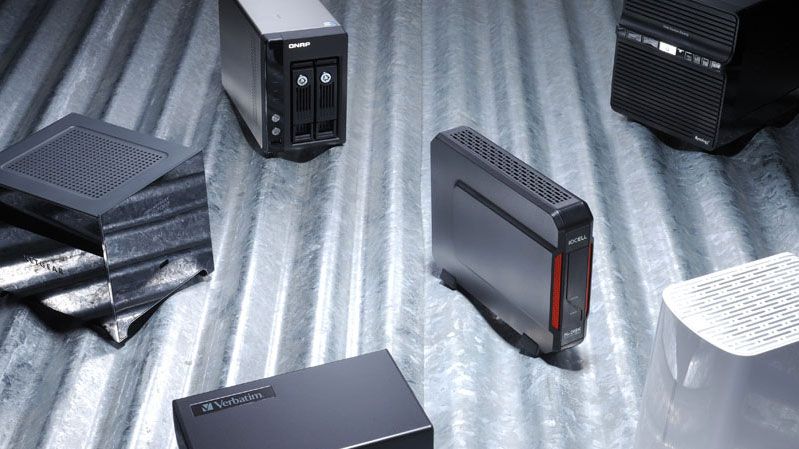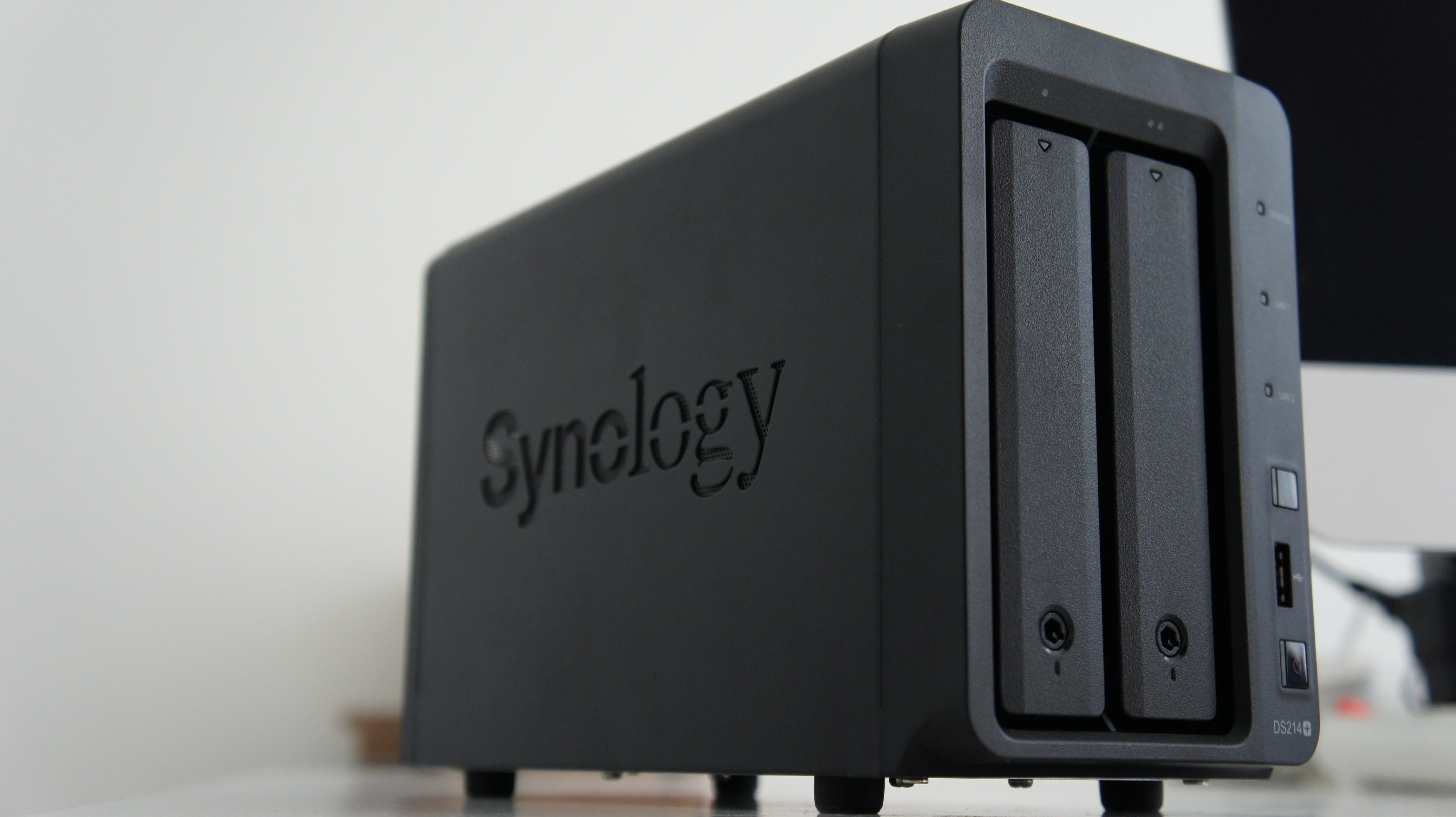
It’s generally best to leave a little headroom. Think about the number of hard drive bays you’ll need. Although the average NAS doesn’t require nearly as much RAM as a desktop or laptop, memory is nonetheless important. Processing power remains important, particularly for a streaming media server.

Price is a major factor, with budget-priced and wallet-shattering options available. Similarly, business NAS requirements differ greatly from a home cloud set up. You might require niche offerings like strong encryption, surveillance camera licenses, virtualization options, and other features. A NAS media server requires different processing power than a cheap NAS drive for file and photo storage. When selecting a network-attached storage device, there are tons of considerations.
Convenience of accessing your files from anywhere. Customizable configuration and user control. Still, off-site backups remain essential even if you’ve got a robust NAS. With your various files residing on a box sporting Internet-connectivity, you can effectively access your external hard drive from anywhere. Because your files live on your network, there’s added security versus a scenario where you’re relying on a third-party data storage service. Since you control the hardware and software, it’s a customizable set up. After the upfront investment into NAS hardware and hard drive storage, you won’t have to shell out for monthly subscription fees. For starters, you can actually save money. There are loads of benefits to a home cloud. Most of the time though, NAS refers to a machine specifically-engineered for use as a home server. I’ve run homelabs off of old laptops, desktops, and enterprise-level server hardware. Any device that’s properly configured can function as a home server. Similarly, a NAS box accomplishes the same purpose, only you control the hardware. As such, you can access your files anywhere that you’ve got a network connection. When you use a cloud storage provider such as Google Drive or Dropbox, you’re basically storing files on a computer elsewhere that’s connected to the Internet. Check out the best NAS devices for all uses and budgets in 2021! What is a Network-Attached Storage Device and Why Should You Get One?Ī network-attached storage device, or NAS, is a personal cloud. In addition to having one of the best server hard drives on the market, you’ll want to have a solid home server. However, rather than use a third-party cloud provider, you could use your own home cloud with a network-attached storage (NAS) device. You’ll gain additional peace of mind by storing your documents, pictures, music, and videos in the likes of Dropbox or Google Drive. 

Backing your files up in the cloud is a great idea.







 0 kommentar(er)
0 kommentar(er)
